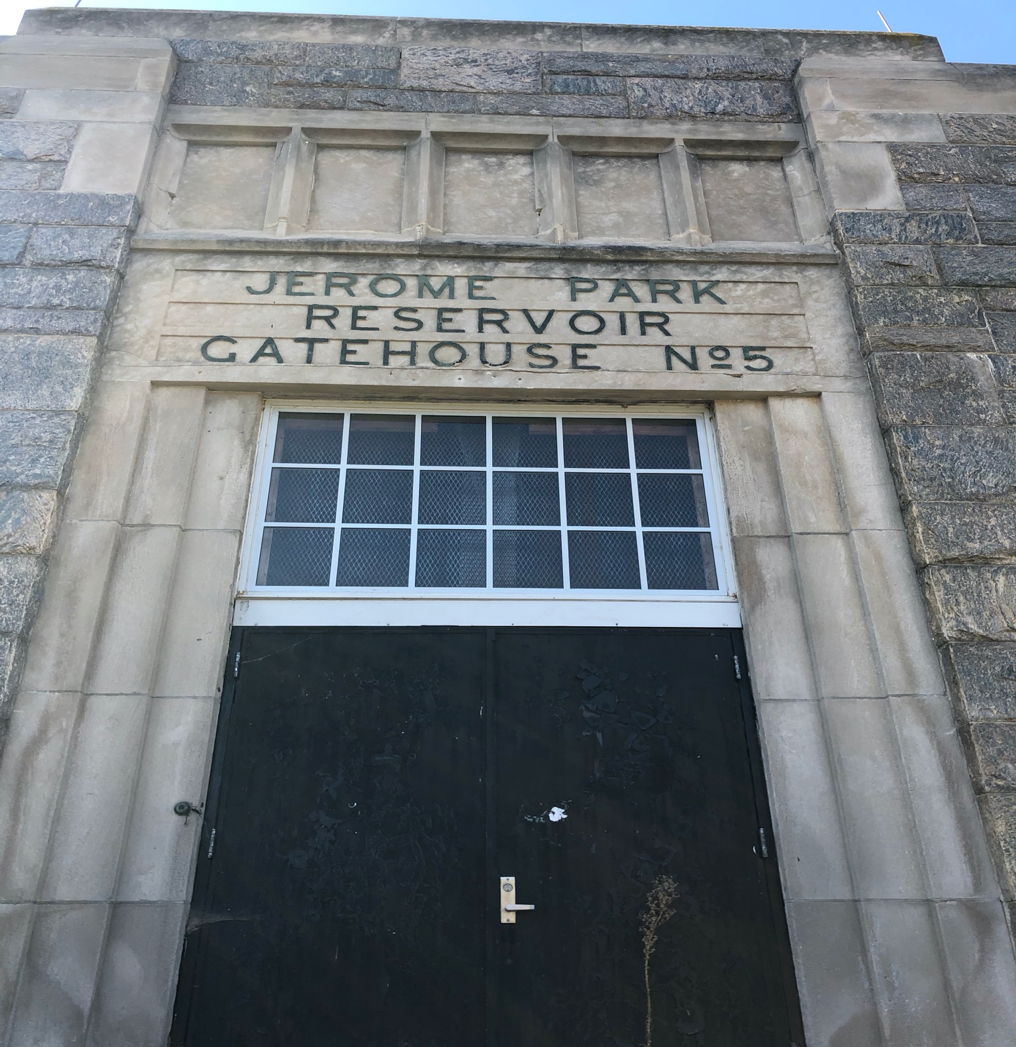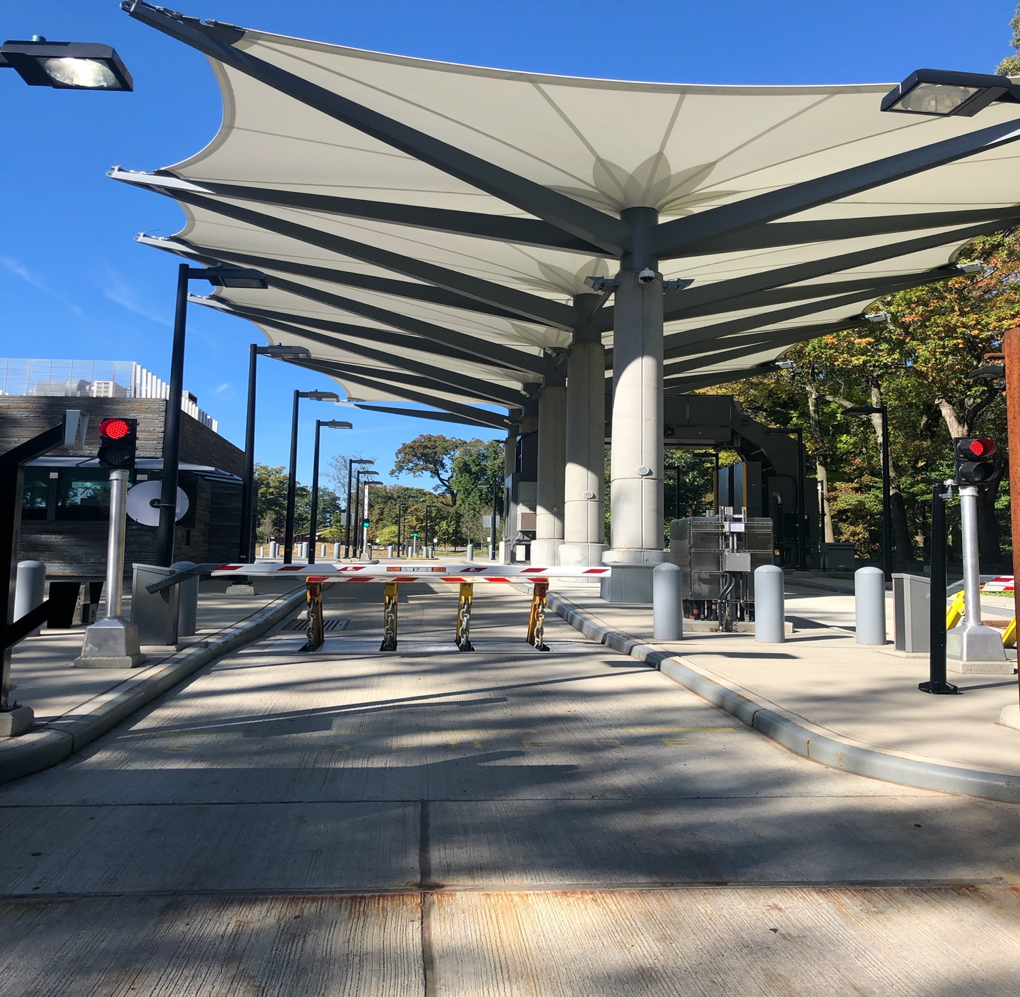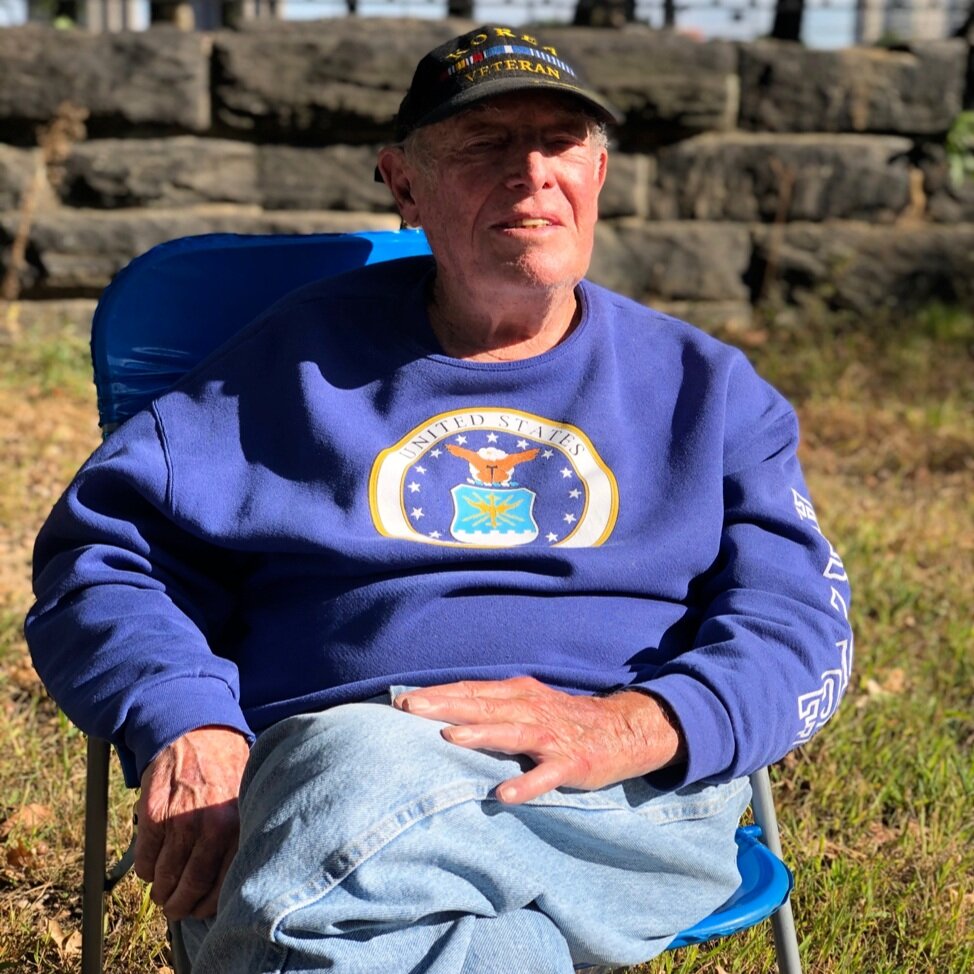Homeland Security Might be Browsing Your Instagram
By Sumana Ali
The Department of Homeland Security (DHS) is creating surveillance programs that can monitor social media activity to rule out foreign threats, and the possibility has Lehman students alarmed.
“I don’t want my DMs in Homeland Security’s database. Even if they collected my information by mistake, it’s just plain invasion of privacy. We can find a better way to protect the national security,” said Alicia Rodriguez, a political science junior.
According to the Brennen Center for Justice, the DHS continues to take advantage of these platforms by rapidly collecting personal information from social media users’ profiles, which can be used to target religious and ethnic minorities with enhanced vetting and surveillance.
Though these forms of surveillance programs are not new, they are rapidly growing because of Homeland Security’s interest in social media surveillance. Since 2009 U.S. Immigration and Customs Enforcement (ICE) has had an operating policy stating, “This directive applies to searches of electronic devices of all persons arriving in, departing from, or transiting through the United States.”
These programs perform mass surveillance on non-foreign nationals or frequent travelers and people living on visas.
This new initiative to ramp up surveillance could have serious consequences for the citizens being surveilled. ICE has also faced accusations of monitoring social media platforms undocumented immigrants. These surveillance programs in Homeland Security’s hands could mean unpredictable policy and operational changes that could incite more anti-immigrant practices.
ICE has also faced accusations of monitoring social media platforms undocumented immigrants. These surveillance programs in certain agencies’ hand could mean unpredictable policy and operational changes that could incite more anti-immigrant practices.
“What if Homeland Security uses this technology with bias, and people of color and minorities are targeted because of who they are?” said Quamisha Murano, a third-year theatre major at Lehman.
This appears to be happening already with regard to certain groups. Under the Trump Administration, security screenings have been stricter than any other administration. A draft report produced at the request of the Commissioner of U.S. Customs and Border Protection (CBP), concluded that these characteristics provided a “baseline to identify at-risk persons.” The CBP even suggested that in addition to initial screenings, these groups of people (young Muslim men) should be “continuously evaluated.”
This technology is also harmful when used out of context. An algorithm targeting people for their social media posts can be the reason why refugee status is denied to a person in need.
“Homeland security monitoring my social media is a problem unless they are getting me more modeling gigs.”
A report by the Department of State stated that DHS is surveilling and using the data to evaluate the security risks posed by foreigners and travelers. DHS and other government agencies currently working on social media surveillance justify it by saying it is in the interest of national security to surveil foreigners. However, many statically supported studies oppose this notion.
The Cato Institute stated, “The chance of an American being murdered in a terrorist attack by a refugee is about 1 in 3.86 billion per year, while the annual chance of being murdered in an attack committed by an illegal immigrant is zero.”
Khedivial Ka, a Lehman graduate student, said, “Thegovernment should asses the needs of the population, not their own interests. If it is strictly for national security, they should surveil everyone without discrimination.”
DHS collecting social media information is not only concerning because of the anti-Islamic sentiment of the administration, but the information collected at this caliber could open a door to invading the privacy of any American citizen.
Though some Americans perceive this technology as harmless because it mainly targets immigrants and foreign visa-holders, experts suggest a very high chance exists of these types of surveillance programs picking up information on unintended subjects. Most of the time this is deliberately done.
Murano said, “Social media is often how I express myself. Even though I am not posting anything wrong, I am still uneasy with someone monitoring me.”
Lehman Students Angered by Reversal of LGTBQ Rights
By: Jaquira Truesdale
On Nov. 22, the White House will strip away nondiscrimination requirements for LGBTQ citizens, and Lehman students are outraged.
According to the Human Rights Campaign, the legal change will allow the Department of Health and Human Services (HHS) grant recipients and foster agencies the right to discriminate against LGBTQ citizens. The change comes despite protests from thousands of protesters who surrounded the United States Supreme Court in Washington D.C. to defend the rights of one transgender individual and two gay men who were fired due to their sexual preferences.
Many Lehman students who identify as LGBTQ members have been victims of discrimination and feel outraged by the reversal of legal protection.
Davaughn M. Riley, 23-year-old senior at Lehman and president of the LGBTQ Alliance who defines himself as a homosexual man told the Meridian, “I think what 45th President Donald Trump is doing is disgusting. He is revising all the work that has been done in our community by us and allies. It’s as if we’re seen as second-class citizens because of how we identify.”
Growing up, Riley dealt with a fair share of discrimination from men who questioned his manhood, seeing him as less than, never considering him “one of the boys” and condemning his sexual orientation.
“Normal things like housing, healthcare, marriage or being able to walk down the street holding our partner’s hands are the rights we deserve,” he said. “The fact that this can be robbed from us is disheartening. The only thing being reinforced is toxicity and malicious behavior.”
In New York and other states, laws protect people against discrimination on the basis of sexual orientation. According to nyc.gov, anyone experiencing discrimination at work, in housing issues, in public or anywhere else can file a complaint by phone or online.
About 46 percent of the LGBTQ community live in states where discrimination is protected, according to the Movement Advancement Project. Six percent live with little to no defense in Alabama, Georgia, Tennessee, and South Dakota, while 28 states do not offer LGBTQ people any legal protections against discrimination. On the federal level, LGBTQ Americans are not protected in every corporation and were not protected under the 1964 Civil Rights Act.
In New York, there are still people that get discriminated against based on their sexuality who might be afraid to come forward and file a complaint.
Riley told the Meridian he was judged at his own workplace due to his sexuality. “When it comes to lifting and moving things, my coworker thought that because I was gay, I was made of glass and would break if I moved something heavy,” he said.
Other Lehmanites who support the LGBTQ community also feel frustrated with the laws and believe their rights should be legalized.
“It makes me concerned for society, really, that people still cannot fully accept each other based on sexual preference,” said K’nicia King, a 25-year-old Mercy College graduate and bisexual woman who said she has never been discriminated against based on her sexual orientation. “It makes no sense that people are still treating their colleagues and coworkers as outsiders when their lives are basically their own business.”
“We should all be able to love who we want to love.”
“I feel like it’s unfair. Why am I a citizen of this state and yet my rights can’t be upheld because I choose to like the same gender? It’s dumb,” said Britny Toussaint, 21, a junior psychology major who identifies herself as pansexual. “I have never experienced sexual orientation discrimination, but it frustrates me to know the LGBTQ community is constantly judged for who they are.”
“It’s horrible that that even happens at the workplace. It’s 2019 and the fact that the world can’t even accept others is very sad,” said Patricia Rodriguez, 19, a Lehman sophomore majoring in biology. “I support the LGBTQ community with open arms. Love is love, right? We should all be able to love who we want to love,” she said.
Indigenous Communities Fight to Ban Columbus Day
By July Torres
Lehman students stand with efforts to remove Columbus Day as a federal holiday.
“What Europeans did to Native Americans shouldn’t be celebrated,” said Jocelyn Rodriguez, a Lehman freshman majoring in social work. “I mean, there were people there already, so he didn’t discover anything. He was simply lost.”
“A bunch of people were enslaved and killed, and we celebrate a day in honor of him discovering the land. Celebrating a holiday that has a murderer isn’t right,” said Gianna Gonzalez, a junior film and television studies major. “While changing it isn’t going to bring them back, it is a way to remember what happened in the past.”
The state of New York still recognizes Columbus Day despite years of critique and recent protests at Randall’s Island where New Yorkers gathered this October to celebrate indigenous people from around the world. Attendees celebrated by appreciating Native American culture, such as traditional wear, music and food. Mayor Bill De Blasio and Governor Andrew Cuomo, however, attended Manhattan's Columbus Day Parade instead.
The founder of the Indigenous Peoples Day event in New York City, Cliff Matias, told the New York Times he is not surprised politicians did not show up. He expressed his excitement seeing indigenous people and allies gathered.
“This isn’t a day about protesting Columbus, it’s about celebrating indigenous people,” Matias said. “But look around. There’s an eclectic mix of people here. Indigenous. Black people. Anglos. Allies from around the world. That makes it special.”
States can choose not to observe federal holidays, and CBS News reported that as of 2019, 13 states recognize Indigenous Peoples’ Day over Columbus Day, including Maine, Michigan, Alaska and South Dakota, the first state to recognize it in 1990.
As the movement for indigenous recognition continues to grow, Indian Country Today, a digital indigenous news site, compiled a list of several places in America that were holding events in support of native peoples. New York, Delaware, and Washington D.C., all held events
On Oct. 14, Lakota/Mohawk journalist Corinne Oestreich-Rice took over the Twitter account of AJ+. “Although Native Americans have discussed Indigenous Peoples’ Day since the 1970s, the movement gained popularity when Bay Area Natives pushed back on a planned reenactment of Columbus’ arrival,” she wrote. “After this, other cities in America followed suit to highlight that Native Americans are still here, and refuse to celebrate a murderer.”
Oestreich-Rice said, “As Indigenous people of an occupied land, they expect and demand the recognition and respect of those who occupy it. The Natives are also standing up and demanding an end to the trend of Native mascots.”
“The Natives were here first. They should be recognized.”
Native American groups believe that Columbus’ arrival ushered in genocide and that Columbus Day celebrates 500 years of colonial oppression, according to ThoughtCo. However, contrary to popular belief, in places like the Caribbean, indigenous people did not become extinct.
The leader of the Taíno Indigenous, Jorge Baracutei Estevez, told National Geographic that the population did decrease. “The Taíno were declared extinct shortly after 1565 when a census shows just 200 Indians living on Hispaniola, today the Dominican Republic and Haiti.” He claims that Taíno still exist because he believes that many of them ran into the mountains.
Deb Haaland, one of the first two Native American women elected to Congress, told NBC News, “Indigenous Peoples' Day is about acknowledging indigenous peoples' complex history in this country and celebrating the culture, heritage and strength of native communities everywhere.” As for Columbus Day, Haaland believes that, “Celebrating Columbus Day continues a dangerous narrative that erases Native American voices and minimizes the federal government’s attempt at genocide and forced assimilation.”
John Perez, a junior majoring in English, told the Meridian, “The Natives were here first. They should be recognized. Why not? This land belongs to them. We should celebrate their history and their culture.”
Jerome Park Reservoir Renovation Raises Concerns about Access
by Lysa Vanible
Jerome Park Reservoir has been under construction for close to two decades, making the presence of huge bulldozers, Ford F250 vehicles, and workers equipped in orange safety vests routine for area residents. Managed by the Department of Environmental Protection (DEP), the 15-million-dollar rehabilitation includes gatehouses, installation of new, lower fencing, and upgraded security infrastructure and is scheduled to continue through 2021. But some contend that the upgrade of this historic site does not guarantee free access to the reservoir’s amenities by locals.
The reservoir can hold up to 773 million gallons of water and supplies 10 percent of New York City’s water supply, according to the DEP’s website. The newly renovated Croton Branch aqueduct discharges into its southern end through two brick-lined aqueducts forming a horseshoe shape, a fitting reminder that the site originally housed the Jerome Park Racetrack where the Triple Crown was run.
Professor Hari Pant, chair of Lehman’s environmental science department, explained the importance of reservoirs is due to the scarcity of freshwater.
“Only a small fraction of the earth’s water is freshwater; 97.4 percent is salt-water, 2.6 percent is freshwater. Out of 2.6 percent of freshwater, about 1.98percent is in the ice and snow, such as ice sheets and glaciers, among the other 0.59 percent in the groundwater, which leave a tiny fraction of the freshwater in lakes, rivers and the atmosphere.” Reservoirs, he added, “are a small part of the water supply system in the world. The Western part of the United States is much drier compared to the Eastern part of the United States, hence there are more viable freshwater sources here.”





Professor Yuri Gorokhovic, an instructor in the environmental science department at Lehman until 2000, was employed by DEP for nine years as a manager of Geographic Information Systems in the Division of Water Quality and Control.
“The Bronx Jerome Park Reservoir is filtered at the Van Cortlandt filtration plant to remove solids like sand and mud,” he explained. “The other kind of filtration is called microfiltration, which is a process when the water is filtered to strip the suspended solids from bacteria. The job of the DEP is to keep the water clean for all residents of the Bronx.”
Air Force veteran and resident, Edward Sliva, 88, said “I’ve lived here for 30 years with my three sons and wife. The construction has been going on since my grandson went to DeWitt Clinton High School and after he graduated from four years of Lehman College.”
Others expressed concerns about access.
Lehman freshman Casselina McCord, 18, said, “as a resident of the Bronx, I have concerns about the access for the community to the reservoir’s resources to learn from this basin, so that the people would know more about what it is and how the process works. I am enrolled in an environmental science course, and it’s really about the people who have the power to do something; the people of the Bronx.”
Lehman environmental science major and international transfer student Dabibe Bardgoi, 26, said, “I am an environmental science activist; I want to protect the earth against climate change. The construction is good for the area. It won’t be good for consumption if the reservoir isn’t protected. We have to be careful of pollution.”
Pant warned: “If we don’t pay attention in protecting our freshwater sources, the world may face severe shortages of it, soon in the future.”
Suffering in Silence: Uyghur Muslims Kept in Concentration Camps by China
A protest outside the Chinese Embassy in London. (Photo Credit: Karl Nesh)
By Zarin Siddiqua
“It’s heartbreaking seeing that no one is aware of what’s happening,” said Ghofran Nagi, an undecided sophomore at Lehman, of China’s systematic targeting of its indigenous Muslim populations. “I wish that people would share this with others and come up with ideas to spread awareness and hopefully attract important people to make a change. It’s horrible that in today’s world, people still have to hide who they are and what they believe in to stay alive.”
Since 2017 over one million Turkic Uyghur Muslims, one of China’s ethnic minorities, have been detained in its Xinjiang region, where over 10 million Uyghurs live, according to the New York Times. It reports that in these camps, captives are forced to give up their native language and religion and are subject to political indoctrination.
In mid-November, the paper published an exposé of China’s policies based on over 400 pages of official documents that describe atrocities committed against Muslim communities who suffered a previous lack of media coverage that contributed to widespread ignorance of their plight. According to Foreign Policy, China long denied that the re-education camps even existed. The Journal of Political Risk also reported that the Chinese government has sought to counter human-rights accusations over its re-education and internment campaign through elaborate propaganda.
However, Humaid Sabi, a senior lawyer, told Business Insider that a "very substantial number" of prisoners were "killed to order" by the Chinese government. They were "cut open while still alive for their kidneys, livers, hearts, lungs, cornea, and skin to be removed and turned into commodities for sale," the report said. Chinese Tribunal, a human rights charity that investigates these issues, reported that body parts were then used for medical purposes. According to the New York Times “Many members of the Uighur ethnic group living in exile are worried that their relatives back home in China are locked up in internment camps — or dead.”
Muslim community and the members of Lehman’s Muslim Student Association are crushed by these inhumane events.
“What's going on around the world is devastating to anyone who has an open mind and an open heart,” said Ala Rashed, psychology and media communications senior and vice president of Lehman’s Muslim Student Association (MSA). “What you are left with are people suffering. I don't even use the word dying because I feel like death for many of our brothers and sisters is their ultimate relief, as unfortunate as that sounds.”
The lack of access for foreign and Chinese press who want to cover stories in Xinjiang also makes it hard to know what is going on in the region or even predict the future, Foreign Policy News reported. The resulting lack of outcry has been observed on a global scale.
“There has been a worrisome silence from many countries, particularly Muslim-majority countries like Saudi Arabia and Indonesia that one might think would be concerned about the plight of Uighurs,” officials at Northeastern education news reported, “Some argue these countries value economic ties with China over religious solidarity with the Uighurs.”
Activists in Brussels, Belgium protesting China’s oppression of Uyghur Muslims. (Photo Credit: Radio Free Asia)
Lehman students are also upset by the current oppression against China’s Muslim community.
Foulemata Camara, a biomedical science major at Lehman said, “People sometimes tend to forget the meaning of practicing any religion you want. No one ever deserves to be treated that way just because of a religious choice.”
“We are not warmongers... our leaders and our haters have portrayed us as such and it kills me,” said Rashed. “However, hope is not lost”
“I have friends that are scared of what is happening. They are scared to practice their faith freely without feeling that they might get attacked,” said Bricenia Diaz, a Lehman junior majoring in Psychology. “We are in the 21st century and history is repeating itself and the world is letting it happen. We are all aware of a similar genocide. Why is the world still quiet? How many more people have to die?”








